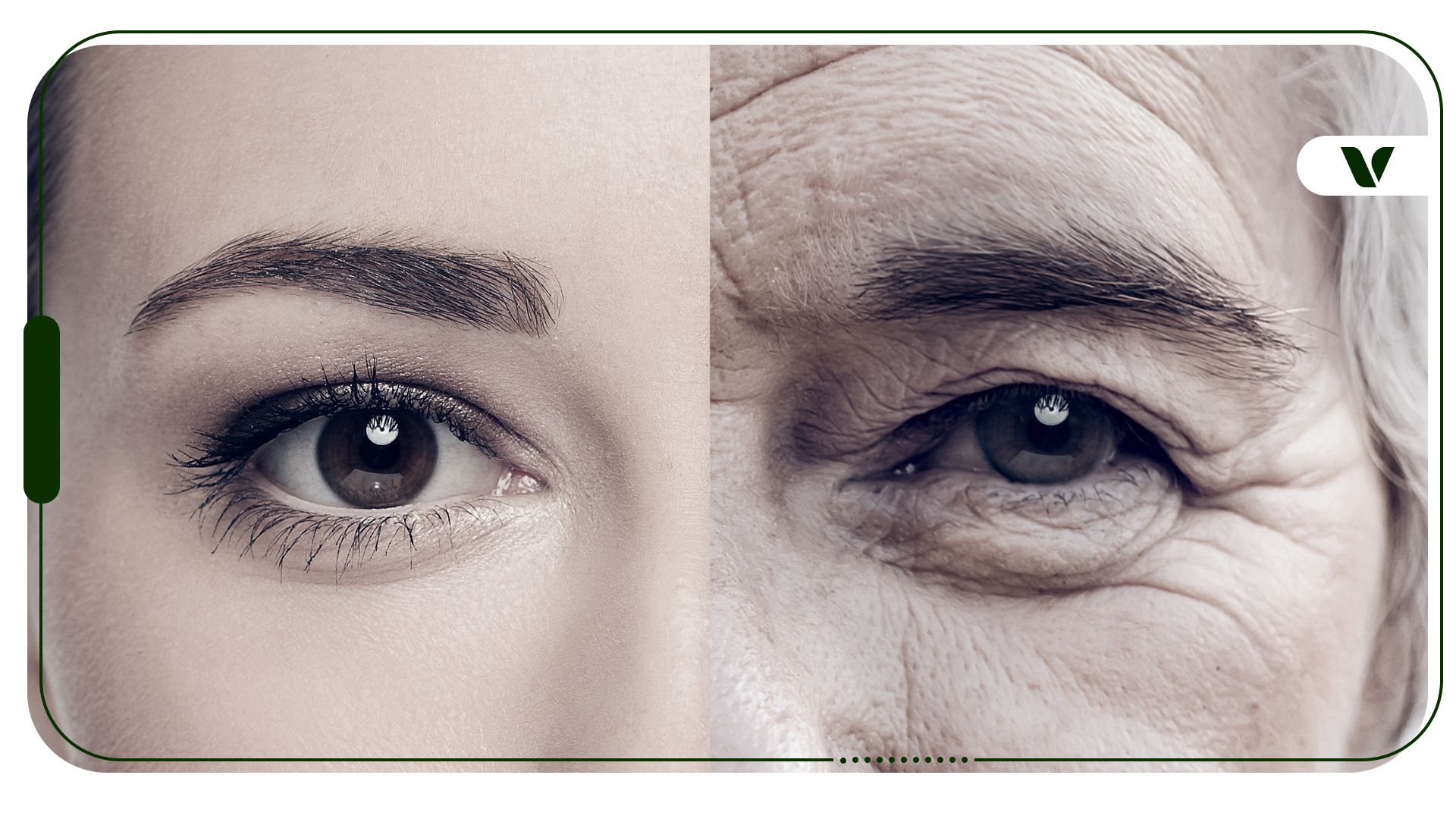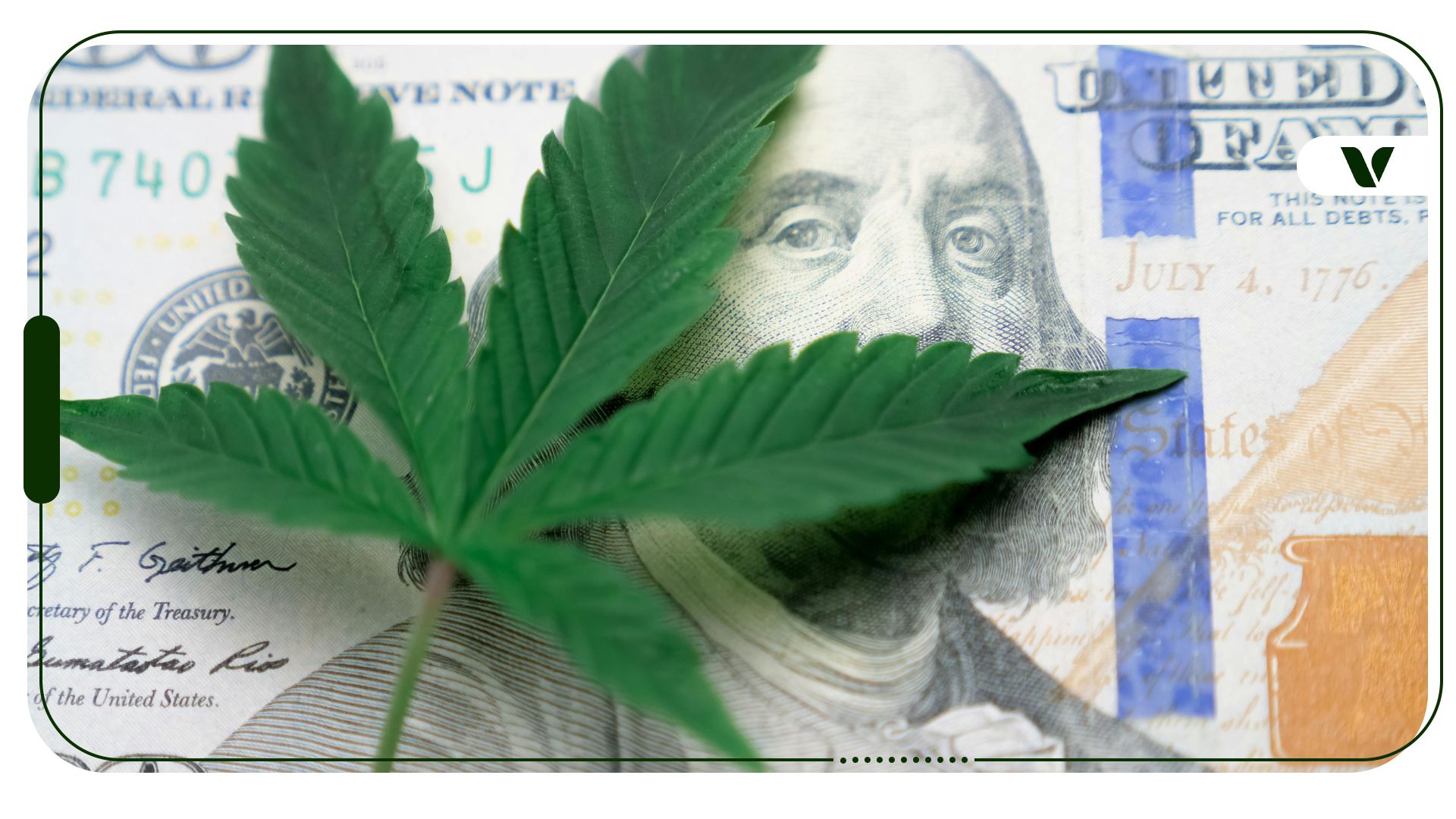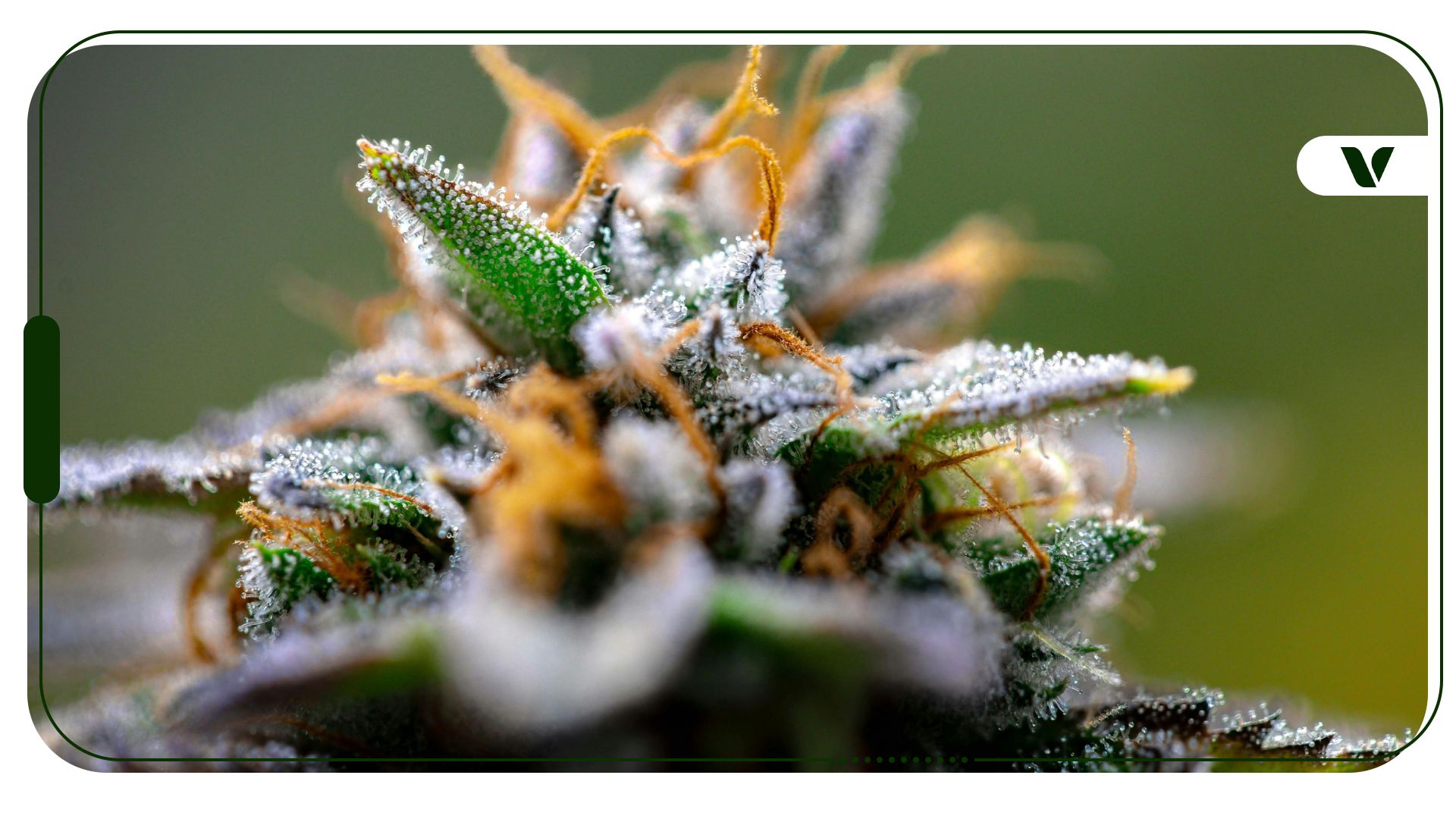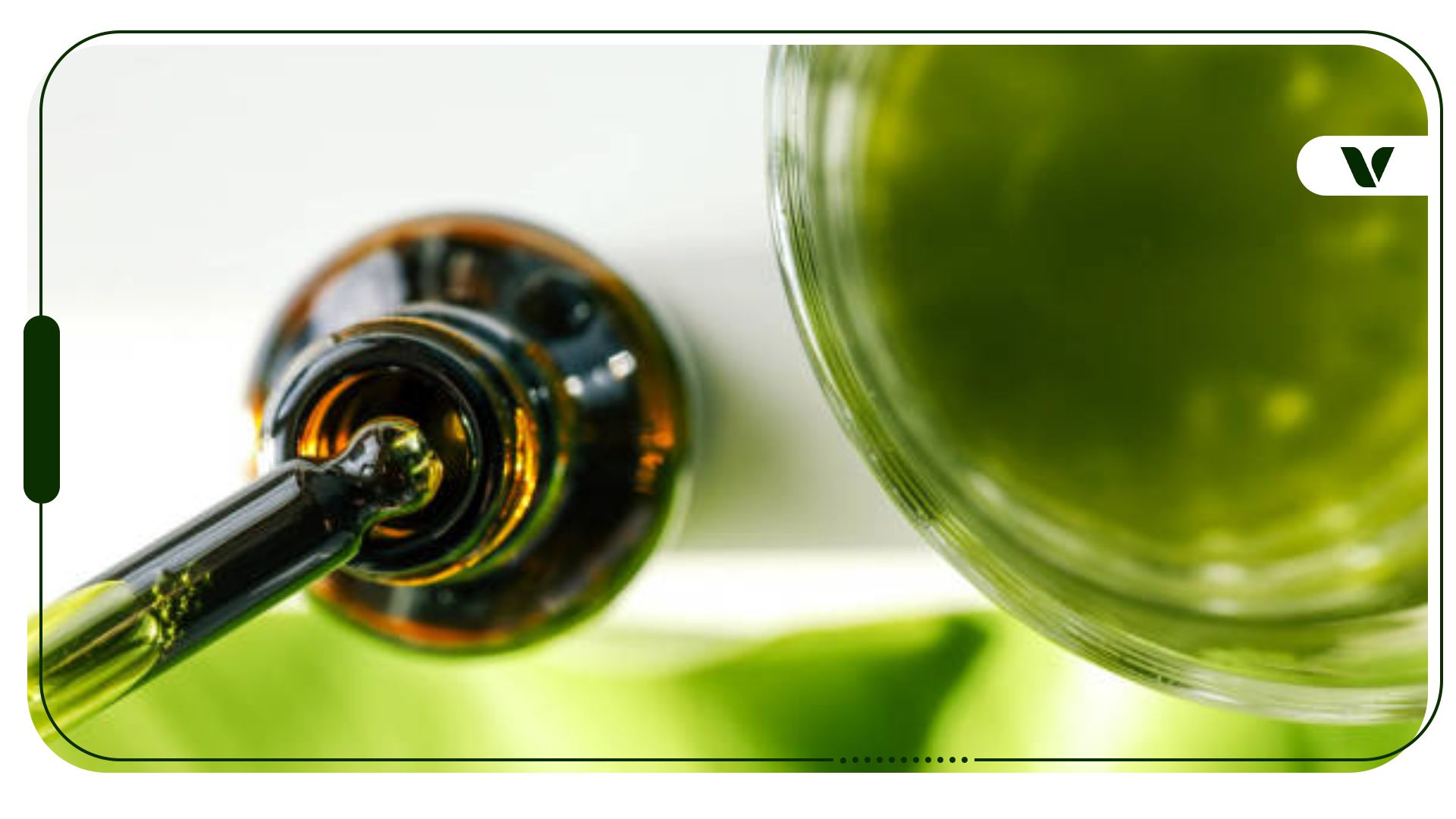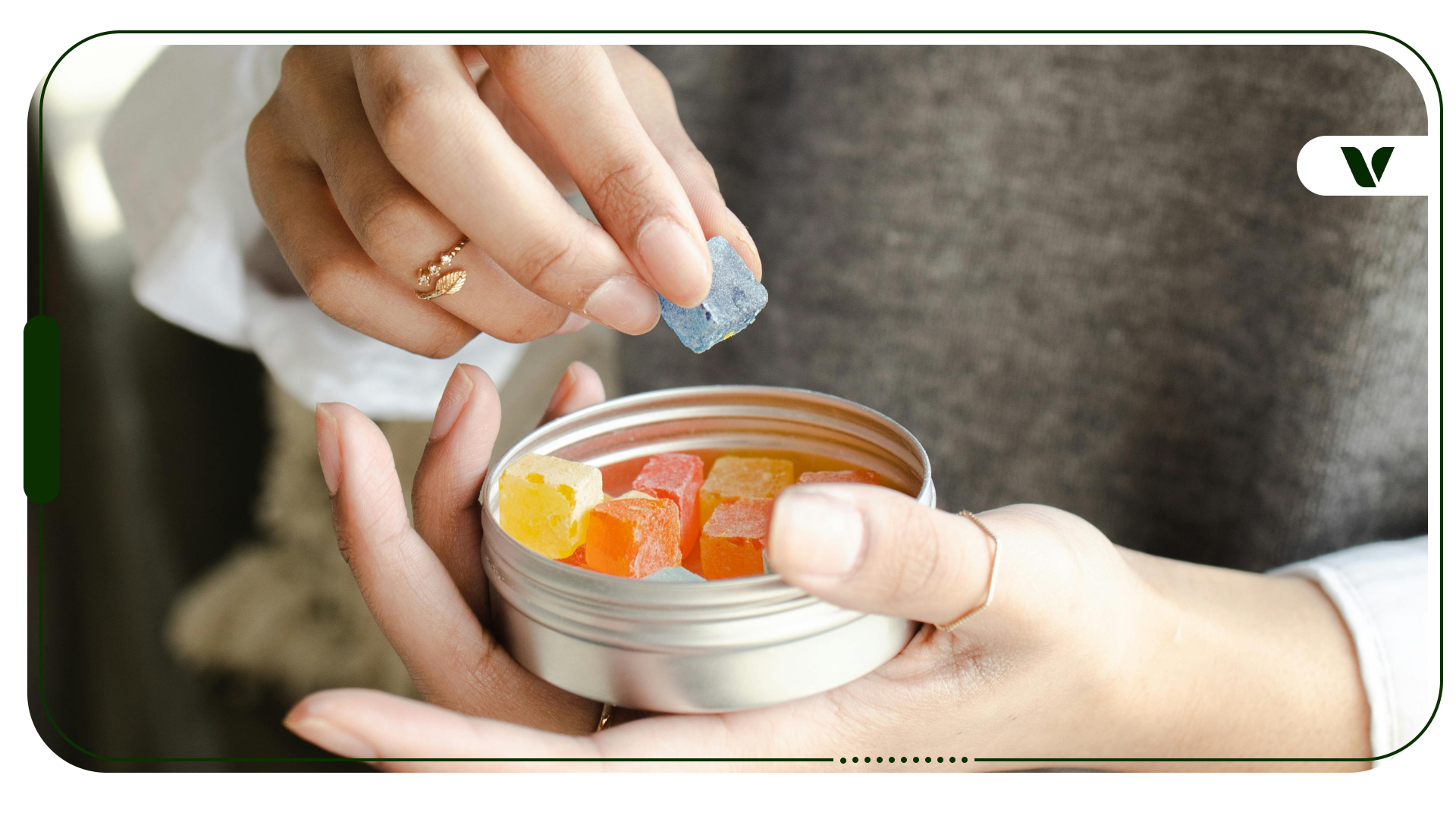With the many medical benefits of cannabis and its ability to help balance the body’s endocannabinoid system, many might expect its use to prolong life expectancy. In fact, some people specifically use cannabis to age well.
However, an epigenetic study published in 2022 concluded that smoking cannabis makes one age faster, contradicting a lot of what we know about the plant. Was the study manipulated to be used as a fearmongering tool? If so, exactly how does weed affect aging? Let’s find out.
Cannabis and Epigenetics: How Are They Linked?
Epigenetics is described as “the study of how cells control gene activity without changing the DNA sequence.” Conrad Waddington explains that epigenetics is a branch of biology “that studies the causal interactions between genes and their products, which bring the phenotype into being.” Thus, an epigenetic study seeks to understand and define changes in gene structure and function that can occur, such as faster aging.
Meanwhile, cannabis has emerged as a potential epigenetic influencer due to its effects on the endocannabinoid system (ECS), which interacts with pathways that regulate stress, inflammation, and cellular health. Studies suggest that cannabinoids like THC and CBD can influence gene expression related to these processes, potentially impacting how the body ages, manages inflammation, and maintains cellular balance.
How Weed Positively Impacts Aging
According to the 2022 study published in the journal Drug and Alcohol Dependence, researchers found that smoking cannabis accelerates the biological aging process due to the inhalation of hydrocarbons in marijuana smoke. By the time regular smokers were 30 years old, they were displaying epigenetic changes associated with those beyond their age. The team examined the epigenomes of 154 people based in a small city in Southeastern America.
How one ages depends on a host of exposure variables that can cause changes in gene function, speeding up or slowing down the aging process. The researchers decided to use tools known as “epigenetic clocks” to understand whether smoking cannabis accelerates or decreases the aging process.
The study was conducted over a period of 17 years, and the results displayed, as reported, “a clear correlation between pot smoking and accelerated epigenetic aging, with heavier users displaying the greatest quickening of their biological clocks.” In order to get the most accurate results, the team controlled for factors such as cigarette smoking, prior health problems, socioeconomic background, personality traits, biological gender, and history of depression and anxiety.
While their conclusion of the correlation can be alarming, some considerations give pause to the findings.
For example, the study reports a definitive correlation between accelerated aging and lifetime cannabis use. But the team recruited participants at the age of 13 and, if the study ran for 17 years, they would have only been 30 at the time of the study’s conclusion. This is hardly reflective of the lifetime cannabis consumption that they claim contributed to accelerated aging.
The researchers also went on to say that they “cannot conclusively establish a causal role of marijuana use in epigenetic aging.” Further contributing to the contradiction of their own conclusion is the fact that the study states that “the actual act of smoking” is the primary cause of aging. This vague language reflects the outdated misconception that cannabis use is smoking-only, something more often thought 17 years ago when the study was set up.
If smoking is the main concern, the team should have also investigated the many other ways cannabis can be consumed to determine if cannabis or smoking was more so to blame. However, they were limited to the most common means and thoughts of the past.
Fortunately, the researchers did find that the accelerated aging effects faded as cannabis use became more distant in the past.
How Weed Negatively Impacts Aging
Cannabis can be used to improve aging by, for example, assisting with menopause and reversing aging in the brain. A study from the University of Bonn explains that memory performance decreases with age and that cannabis can be used to reverse this. The researchers conducted a study on mice and found that they were “able to regress to the state of two-month-old mice with a prolonged low-dose treatment with a cannabis active ingredient.”
Unfortunately, research on cannabis and aging remains limited, but its benefits for aging can be seen through existing research on medical conditions associated with getting older. A study by Yuval Zolotov and Staci Gruber from 2021 explains that “cannabis and cannabinoids may potentially alleviate a wide array of medical conditions that are prevalent among older adults including pain, arthritis, insomnia, anxiety, and others.”
Zolotov and Gruber reviewed an epidemiological survey, which found that older medical and nonmedical cannabis users did not differ much on measures of physical or behavioral health status, but that older persons suffer from more chronic conditions. Many of these chronic conditions can benefit from medicinal cannabis, which supports the use of cannabis for aging.
Another study from 2020 explains that cannabis appears to be able to improve functioning in older subjects, as seen by mice who received a single injection of ultra-low-dose THC. The report explains that the research available is too sparse to make any definitive claims about cannabis on aging, especially when considering the fact that there is a “mismatch between preclinical and clinical studies.”
To further the point that cannabis needs to be further investigated in this regard, the researchers explain that “cannabis use induces a decrease in acetylcholine levels that leads to memory impairment, while cannabis upregulates the basal level of norepinephrine that leads to memory improvement.”
The researchers from this study also found evidence that cannabis demonstrated protective effects in the hippocampal structure and potential procognitive results “owing to long-term use of low-dose cannabis in the aging brain” but pointed out that there is also research to the contrary. They go on to explain that the interactions between cannabis and aging are complex, but cannabis has shown to alleviate functional loss in aging “under controlled usage.”
Furthermore, major cannabinoids like THC and CBD can actually stimulate brain cell count in mice. Minor cannabinoids like CBGA, CBN, and more can reduce inflammation, promote neuron growth, and protect mitochondrial and epigenetic health.
Meanwhile, 2019 research shows the terpene beta-caryophyllene also “appears to reverse age-associated impairments in memory.” It also potently mediates inflammation, a key driver of aging and disease.
Final Thoughts
So, does cannabis reverse aging or lead to it? Unfortunately, a definitive verdict on the matter of cannabis and aging is difficult to present. Comparing some of the studies covered in this post is like comparing apples to oranges, and the truth is that both sides may hold some truth.
Cannabis smoking may drive aging in the sense of epigenetics, but its constituents themselves may improve aging in terms of dealing with chronic conditions, improving memory, and acting as a neuroprotectant.
Keep in mind that back when they started the study 17 years ago, this population didn’t have access to the various legal forms of cannabis that we enjoy today. Cannabis products like tinctures, edibles, topicals, and more are relatively new. Since the authors blanketed “marijuana use” as equivalent only to cannabis smoking, this heavily limits the results to this one method of consumption only. There are so many more ways to reap the benefits of cannabis now without the epigenetic chances of smoking.
A study published in Frontiers in Aging Neuroscience explains that another answer may lie in the fact that cannabis appears to affect individuals in “an age-dependent fashion, having generally beneficial effects on older animals and deleterious effects on younger ones.” This, however, is nothing new, as medical professionals have long known that cannabis is not ideal for minors due to their developing brains.
What is clear among both arguments is that frequent cannabis use, especially of higher doses and potency, can lead to more adverse effects than one would desire. Until we know more about cannabis from controlled clinical trials, always be responsible with your cannabis use and consider exploring consumption methods beyond smoking.
Frequently Asked Questions
What are the long-term side effects of marijuana?
Long-term marijuana use, especially when smoked, may affect memory, lung health, and mental well-being. Smoking cannabis could also influence biological aging, though more studies are needed. Effects vary based on route, frequency, dosage, and individual health.
Does weed have any benefits for skin?
Cannabis contains cannabinoids like CBD, which have anti-inflammatory and antioxidant qualities that promote overall health by reducing inflammation and redness. Some people use cannabis topicals for skin conditions, though more research is needed to confirm its effectiveness.
Does CBD age you?
No, current research does not suggest a link between CBD and aging. In fact, CBD’s anti-inflammatory and antioxidant properties may support healthy aging by protecting cells from everyday damage. However, effects may vary depending on individual health and usage patterns.
Note: The content on this page is for informational purposes only and is not intended to be professional medical advice. Do not attempt to self-diagnose or prescribe treatment based on the information provided. Always consult a physician before making any decision on the treatment of a medical condition.
This article was originally written by Chane Leigh in 2022 and updated in January 2025.
Author, Share & Comments


